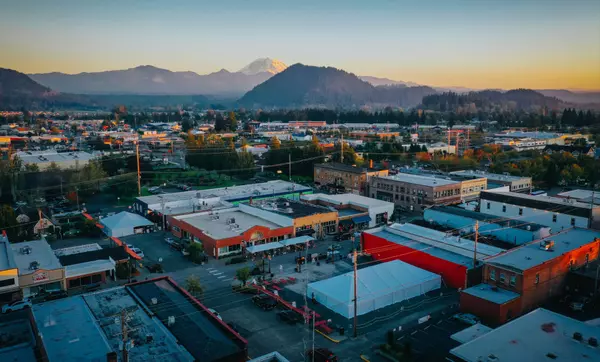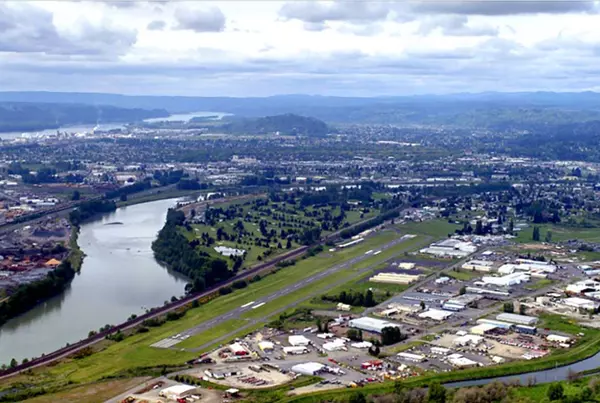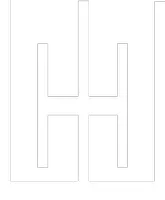Buying a home likely won’t become more affordable this summer

This summer, it is unlikely that buying a home will become more affordable.
The Federal Reserve recently increased its interest rates in an effort to combat inflation. Although mortgage rates are not directly tied to the Fed's rates, they have been moving in the same upward direction. This means that mortgage rates are expected to remain high until the Fed's rate increases come to an end, which is disappointing news for both homebuyers and sellers.
According to Realtor.com® Chief Economist Danielle Hale, "Mortgage rates are still going to stay relatively high." She adds, "It's possible that rates could even exceed 7%, but we anticipate a gradual decline in the second half of the year as inflation subsides." As of Tuesday afternoon, rates for 30-year fixed-rate loans averaged 7.04%, according to Mortgage News Daily.
Despite raising rates to a 22-year high, Fed officials have hinted that there might be another rate increase later this year if inflation and the overall economy do not continue to cool down. Bankrate Chief Financial Analyst Greg McBride acknowledges that the economy has been resilient and the labor market surprisingly strong despite the 10 previous interest rate hikes, which occurred at the fastest pace in 40 years.

The ultimate goal of the Fed is to bring inflation down to 2%. Although progress has been made in curbing inflation from its peak of 9.1% in June of the previous year, inflation has only decreased to 3% year over year as of June. Meanwhile, the economy has remained robust and unemployment rates low.
Hale explains that the Fed is more likely to react strongly to high inflation numbers and less likely to relax after low inflation numbers. She believes that the Fed prefers to err on the side of caution and not give inflation any opportunity to reignite. She anticipates that mortgage rates will be slightly above 6% by the end of the year.
Lower mortgage rates would benefit buyers who are currently being priced out of the market. It would also encourage hesitant sellers to enter the market. Many homeowners have been reluctant to move or upgrade their homes due to the favorable 3% mortgage rates they secured during the COVID-19 pandemic. However, if they decide to purchase a new home with a new mortgage, they will face higher rates and larger monthly payments.
Another complicating factor is that higher mortgage rates have not led to a decrease in home prices. This can be attributed to the housing shortage, as there are more people searching for homes than there are available properties. As a result, bidding wars have become common, and offers above the asking price continue to prevail. In June, the national median home list price only decreased by 0.9% to $445,000.
Mortgage lender Shmuel Shayowitz, president of Approved Funding in River Edge, NJ, believes that if the Fed has finished hiking rates or only plans to increase rates once more this year, mortgage rates are likely to fall. He predicts that by the end of the year, mortgage rates could be in the high 5%.
Buyers who can still afford to purchase a home have generally accepted the higher rates. Many of them plan to refinance their mortgages once rates drop. However, some buyers are opting for smaller and less expensive homes, exploring more affordable areas, or compromising on certain features to make the numbers work.
Shayowitz does not believe that this rate hike, or any potential hike in September, will significantly impact buyer behavior. He states, "Those who need to buy and those who are able to buy will still move forward."
Categories
Recent Posts










GET MORE INFORMATION


